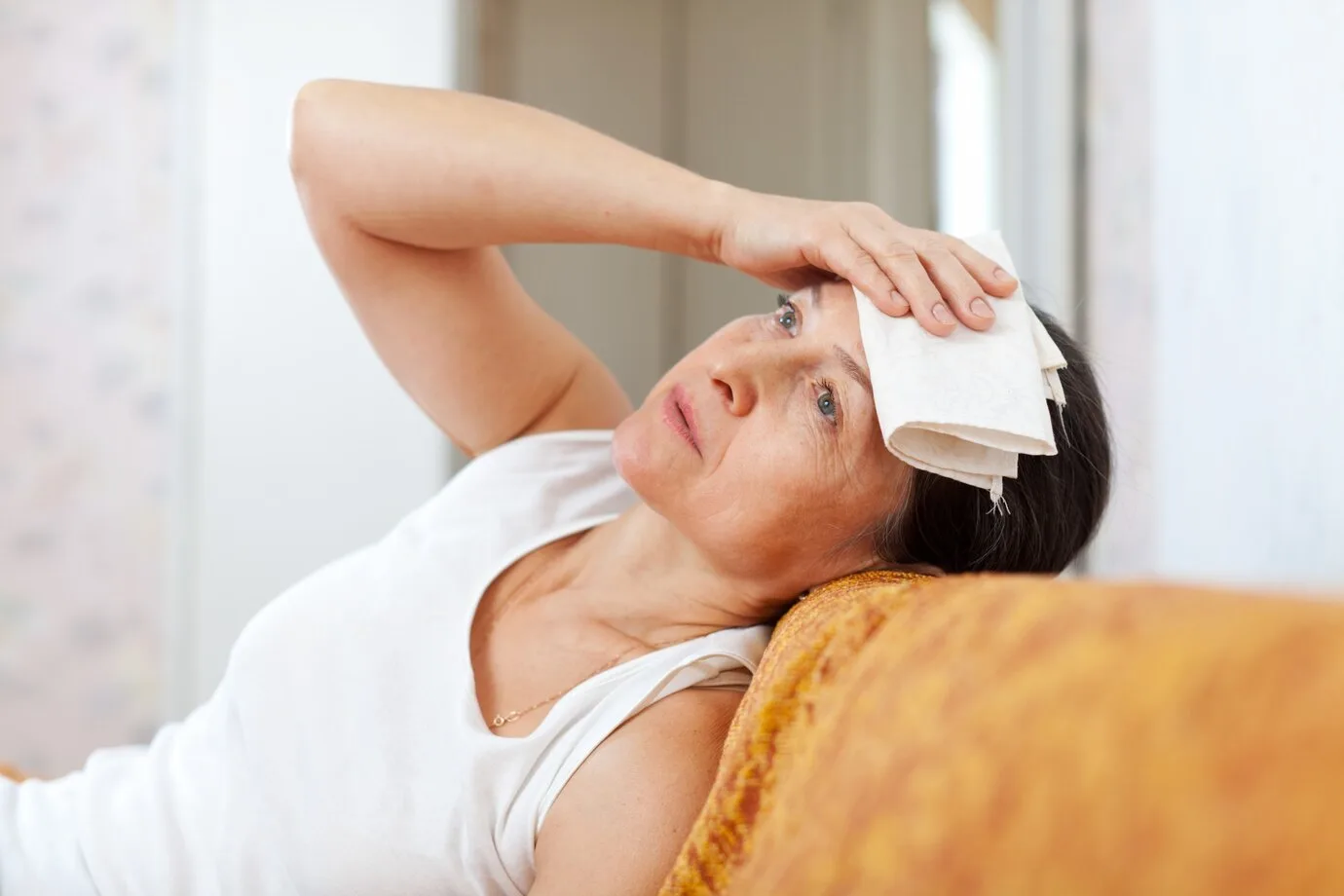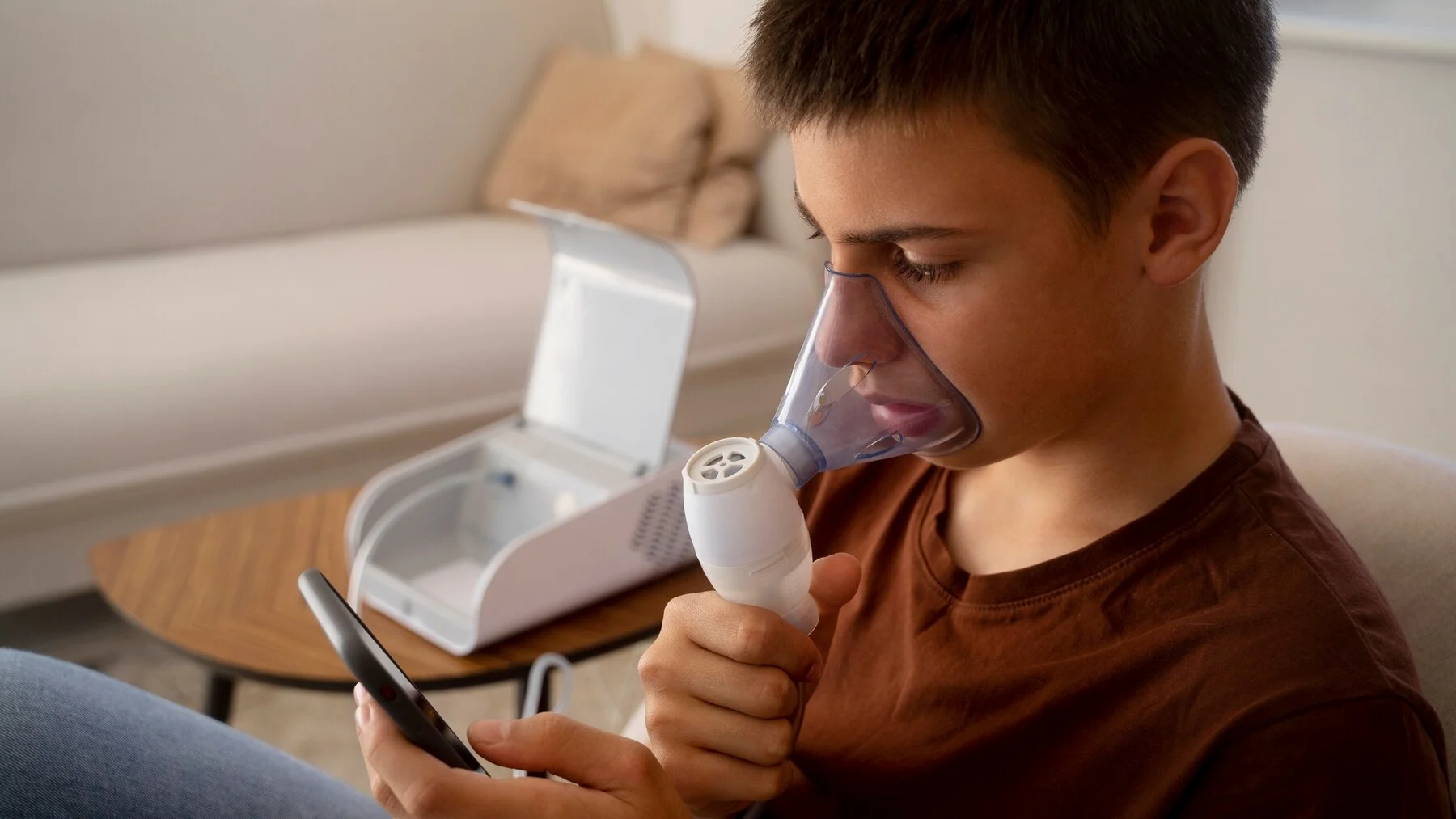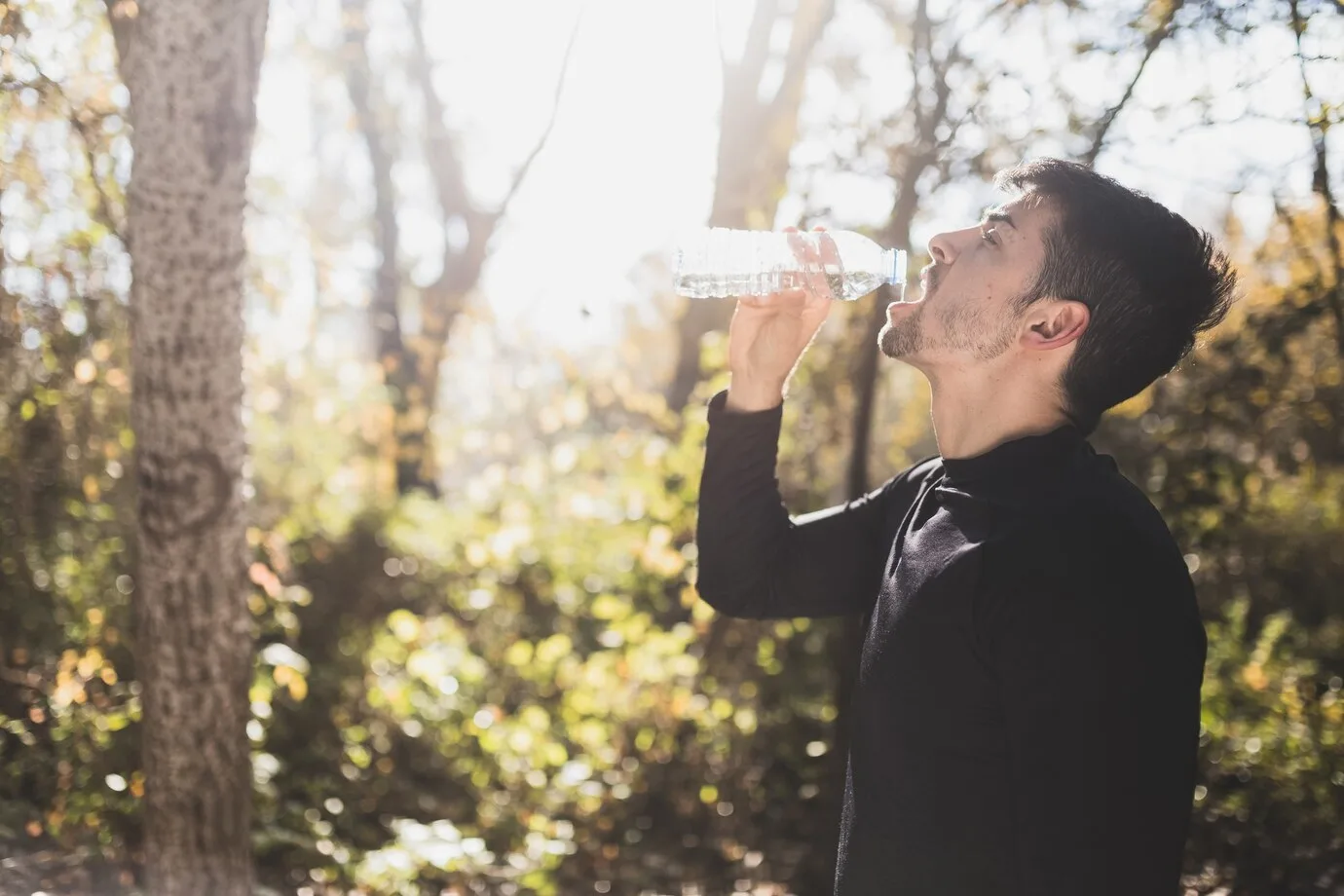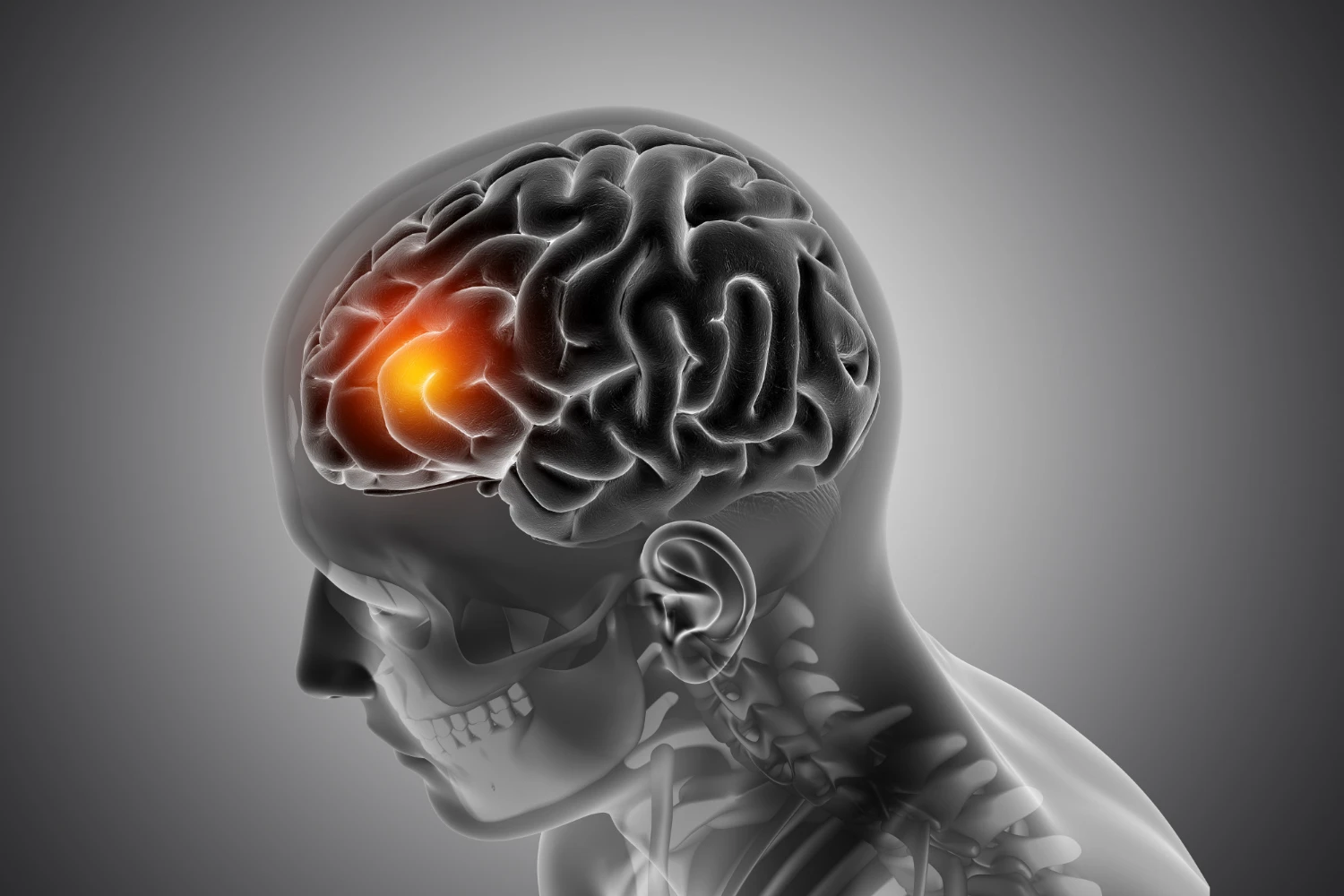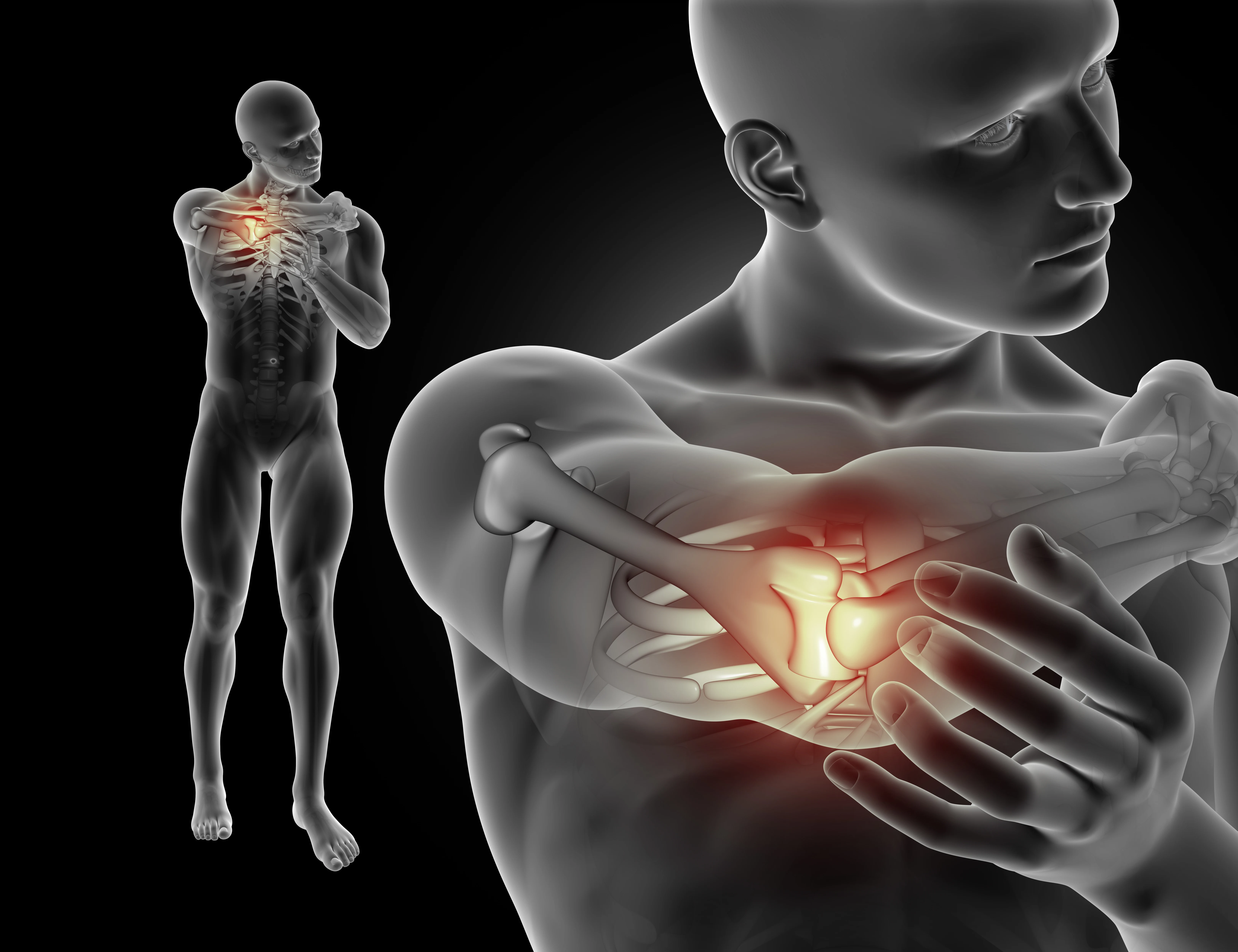Understanding Heat Exhaustion: Symptoms And Warning Signs You Shouldn’t Ignore
Category: Blogs
As the temperatures rise, heat exhaustion becomes a significant concern, particularly during summer months or in areas experiencing extreme heatwaves. This condition, which results from prolonged exposure to high temperatures, can lead to serious health problems if not addressed promptly. Understanding the symptoms and warning signs of heat exhaustion is essential to prevent it from escalating into heatstroke, a life-threatening condition.
What Is Heat Exhaustion?
Heat exhaustion is a condition that occurs when your body becomes overheated, leading to excessive sweating and dehydration. It is most common during hot weather or strenuous physical activity in hot environments, especially when adequate hydration or cooling measures aren’t taken. Unlike heatstroke, which is a medical emergency, heat exhaustion is a more manageable condition if treated early.
Symptoms of Heat Exhaustion
Recognizing the symptoms of heat exhaustion can help prevent further complications. Some of the most common symptoms include:
- Excessive Sweating: The body tries to cool itself by releasing sweat, but excessive sweating can lead to dehydration.
- Fatigue: An overwhelming feeling of tiredness, which can make it difficult to continue with normal activities.
- Dizziness and Fainting: Lightheadedness or the sensation of almost passing out, often due to dehydration and low blood pressure.
- Nausea and Vomiting: The body's attempt to expel excess heat through nausea, potentially leading to vomiting.
- Muscle Cramps: Intense pain or tightness in muscles, particularly after physical activity.
- Headache: A common result of dehydration and overheating, making it difficult to focus or think clearly.
- Rapid Heartbeat: The heart may beat faster than normal as it tries to pump blood more effectively to cool down the body.
Warning Signs You Shouldn't Ignore
Heat exhaustion can progress to heat stroke if left untreated, which can be fatal. It is important to watch for the following warning signs that should never be ignored:
- Confusion or Irrational Behavior: A sudden change in mental state, such as confusion or agitation, is a clear sign that heat exhaustion may be escalating to heatstroke.
- Hot, Dry Skin: When your body is no longer able to sweat, the skin may become hot, dry, and flushed—this is a warning that your body’s cooling mechanism has failed.
- Severe Weakness or Fatigue: If the feeling of exhaustion worsens and you’re unable to stand or walk, it’s time to seek immediate medical attention.
- High Body Temperature: A body temperature of 103°F (39.4°C) or higher may indicate heat stroke, a dangerous escalation from heat exhaustion.
- Seizures: This is a severe sign that your body is under extreme stress and requires urgent medical attention.
How to Prevent Heat Exhaustion
Prevention is the best approach to managing heat exhaustion. Here are a few strategies to keep in mind:
- Stay Hydrated: Drink plenty of fluids, especially water and electrolyte-rich drinks, before, during, and after physical activities in hot weather.
- Wear Appropriate Clothing: Lightweight, light-colored clothing helps your body stay cool. Avoid dark, heavy clothing that can absorb heat.
- Limit Physical Activity: Avoid intense physical exertion during the hottest parts of the day. If exercise is essential, take frequent breaks in the shade or air-conditioned spaces.
- Take Cool Showers or Baths: To lower your body temperature, take a cool shower or immerse yourself in cold water.
- Seek Shade or Air Conditioning: Stay indoors as much as possible during extreme heat. If you don’t have air conditioning, visit public places like shopping centers or libraries that do.
What to Do If You Experience Heat Exhaustion
If you or someone else shows signs of heat exhaustion, here are immediate steps to take:
- Move to a Cooler Location: Get out of the sun or heat and into an air-conditioned building or a shaded area.
- Hydrate: Drink water or an electrolyte solution slowly to rehydrate your body. Avoid alcohol and caffeinated drinks as they can contribute to dehydration.
- Rest: Rest in a comfortable position and allow your body time to cool down.
- Apply Cool Compresses: Use a cold, wet towel or compress to help reduce body temperature.
- Seek Medical Help If Symptoms Worsen: If symptoms persist or worsen, seek medical attention immediately.
FAQs
1. What are the main differences between heat exhaustion and heatstroke? Heat exhaustion is a less severe condition than heatstroke. While both result from exposure to high temperatures, heatstroke is a medical emergency where the body’s temperature reaches 104°F (40°C) or higher, and it leads to confusion, unconsciousness, or organ failure if untreated.
2. How long does it take to recover from heat exhaustion? Recovery time varies depending on the severity of the condition. Most individuals recover within a few hours to a day by staying hydrated, resting, and cooling down. However, some people may take longer to fully recover.
3. Can heat exhaustion happen in moderate temperatures? Yes, heat exhaustion can occur in moderate temperatures if there is intense physical activity or insufficient hydration. It’s essential to stay hydrated and take breaks even in milder weather.
4. Is it safe to exercise when it's hot outside? Exercising in hot weather can be dangerous, especially if precautions aren’t taken. If you must exercise outdoors, try to do so early in the morning or late in the evening when temperatures are lower. Always take regular breaks, stay hydrated, and listen to your body.
5. How can I treat heat exhaustion at home? You can treat mild heat exhaustion at home by moving to a cooler location, drinking fluids, resting, and applying cool compresses. If symptoms worsen, or if you experience confusion, fainting, or other serious symptoms, seek immediate medical attention.
6. Can heat exhaustion affect children or the elderly more severely? Yes, children and the elderly are more vulnerable to heat exhaustion due to their bodies’ decreased ability to regulate temperature effectively. It’s important to keep them cool and hydrated, especially during hot weather.


